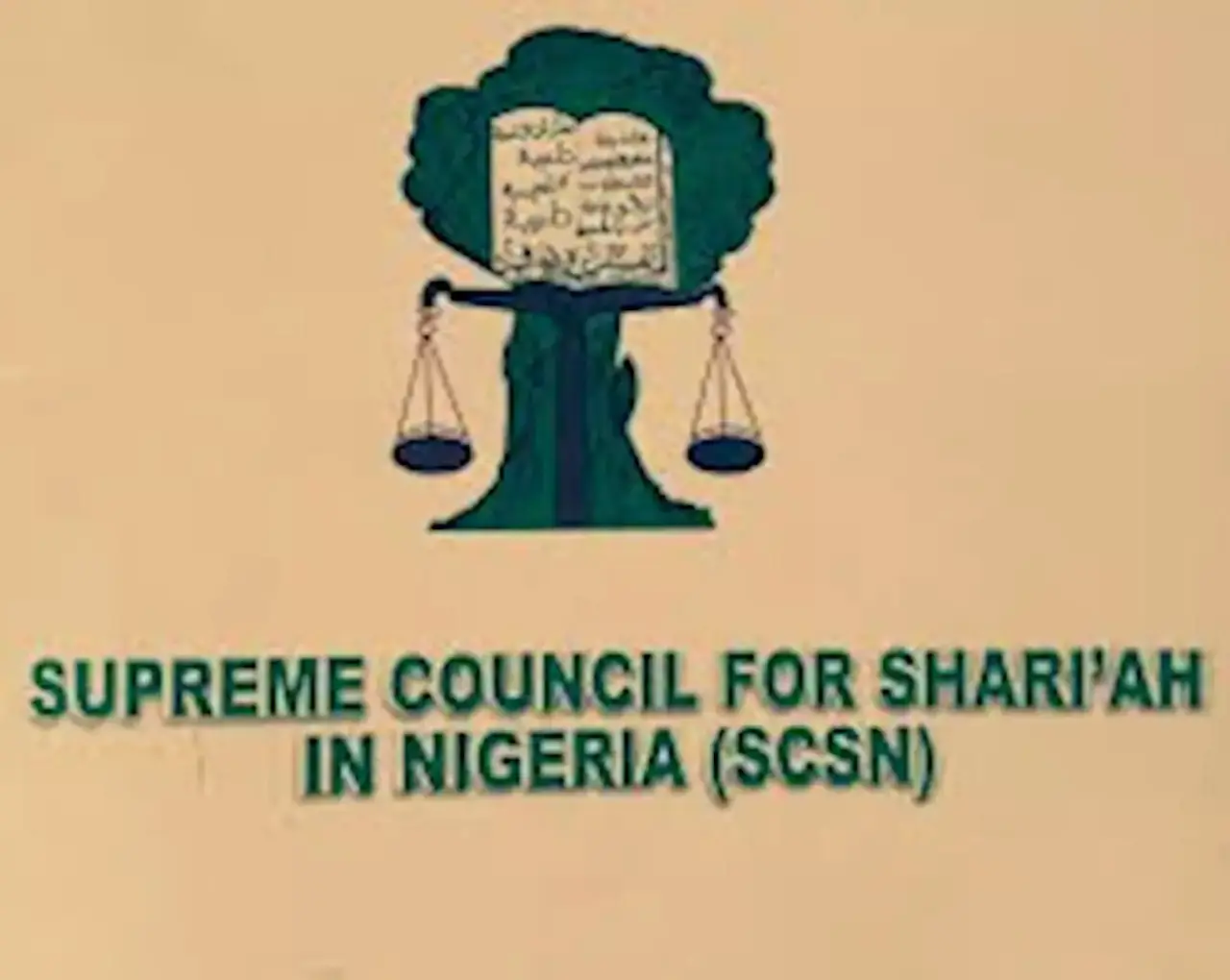The proposed electricity tariff increase in Nigeria has raised concerns among power consumers, as the Federal Government plans to hike rates by over 66%, from N116.18 to N193.63 per kilowatt-hour.
The Special Adviser to President Bola Tinubu on Energy, Olu Verheijen, confirmed that this increase is intended to reflect the actual cost of electricity supply, a move deemed necessary to improve sector reliability, attract private investment, and reduce subsidies for less-affluent consumers.
Key issues surrounding this tariff increase include the government’s ongoing subsidy burden and its failure to consistently meet subsidy payments to Distribution Companies (Discos).
A major part of the problem stems from the fact that most Nigerian electricity consumers outside Band A (those receiving a minimum of 20 hours of power daily) pay significantly less than the actual cost of supply, with the government subsidizing up to 67% of their electricity bills.
However, this subsidy has not been consistently funded, leading to liquidity problems for the Discos.
The Nigerian Electricity Regulatory Commission (NERC) has classified consumers into Bands A to E based on their hours of electricity supply, but many consumers in the lower bands (B to E) experience irregular power supply, making them skeptical about paying higher tariffs when they aren’t receiving reliable service.
While some consumers on Band A have seen stable supply since April 2024, there are ongoing issues with power generation, which currently falls below 5,000 megawatts, further complicating the sector’s ability to meet demands.
In addition to tariff hikes, the Electricity Consumers Protection Forum has called for more robust metering, highlighting that many Nigerians are still being billed through estimated readings, leading to overcharging for inconsistent or non-existent power supply.
The debate has triggered widespread opposition from the public, who question the fairness of implementing tariff hikes without guaranteeing improved service or ensuring that consumers are properly metered as stipulated by the Electricity Act.
Critics argue that any tariff increase should be contingent on meeting these fundamental reforms to ensure that consumers are charged based on the actual electricity they receive.





